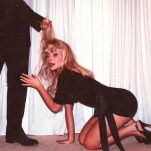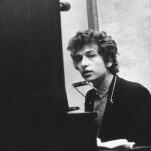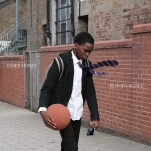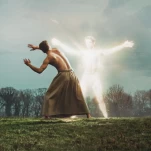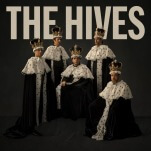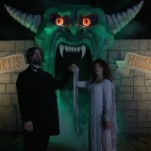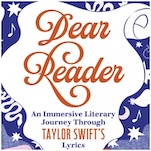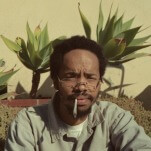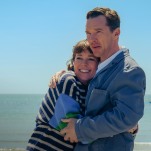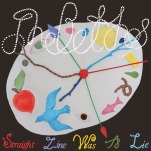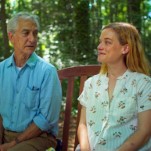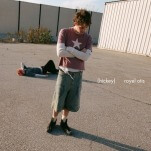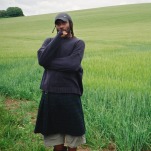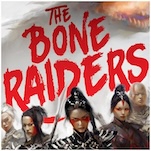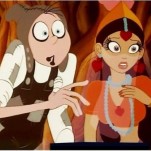Aladdin
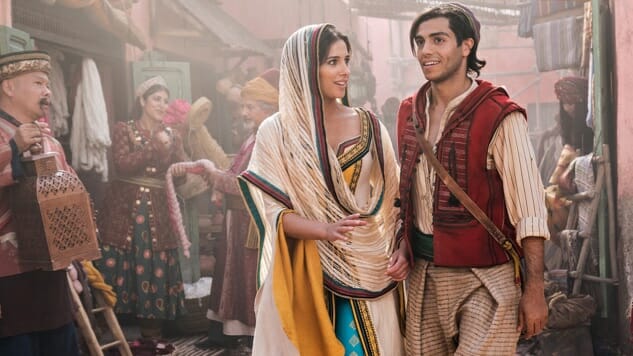
Up until Aladdin, I have not been a fan of Disney’s ongoing program of recycling their animated classics into live-action family fare. They’re either grotesque-looking copy-paste jobs like Beauty and the Beast, or reimaginings that undermine and misunderstand the purpose and appeal of their originals, like Dumbo. Even halfway decent entries like The Jungle Book failed to answer the simplest but the most essential question: Why? The practical answer is of course simple—a dollar sign with a bunch of zeroes following it. But the artistic answer as to whether or not these live-action counterparts bring anything new to the table? That’s another issue. With Aladdin, we finally get a live-action remake worth the effort and budget, a rip-roaring action/fantasy/musical that manages to exist on a relatively independent and distinguished tonal field.
As much as the animated Aladdin was inspired by hefty Middle Eastern mythology as popularized by 1001 Arabian Nights, its aesthetic and pacing were closer to an old-school Disney cartoon and its tone and genre felt a lot more at home as self-referential and goofy comedy. That’s what made it damn near perfect for my generation who wore out the VHS tape because we couldn’t get enough of its seemingly effortless fun. Director Guy Ritchie and his team must have been aware of this. The basic story beats and the songs are of course transplanted, but at least an effort is put forth to serve a wholly invigorating and enchanting piece of family entertainment that provides something new to fans and newcomers alike.
True to its ambition of presenting an epic adventure, this Aladdin runs a whopping forty minutes longer than the 1992 version. Yet I’m happy to say that almost none of it is filler. The extra runtime is either used to flesh out the characters, or to add some action, dance and songs that enhance the experience. The character motivation and arc of 1992 Princess Jasmine was that she sought her freedom from the stifling orthodoxy of royal life. Here, Jasmine (Naomi Scott) still wants to be free, but she also has an undying desire to become a benevolent and peaceful ruler in a culture that will not accept a female sultan.
She’s given as much agency and focus as the titular character (Mena Massoud), the beloved plucky street rat who falls in love with her and decides to use a certain magic lamp with a certain resident genie (Will Smith) to become a prince so he can marry her. Of course, the palace’s evil vizier Jafar (Marwan Kenzari) is also after the lamp. Will Jafar snatch the lamp from Aladdin and become the bloodthirsty tyrant of the land, or will Aladdin defeat him with the help of his buddies, the twitchy monkey Abu and the kindly magic carpet?
-

-

-

-

-

-

-

-

-

-

-

-

-

-

-

-

-

-

-

-

-

-

-

-

-

-

-

-

-

-

-

-

-

-

-

-

-

-

-

-

